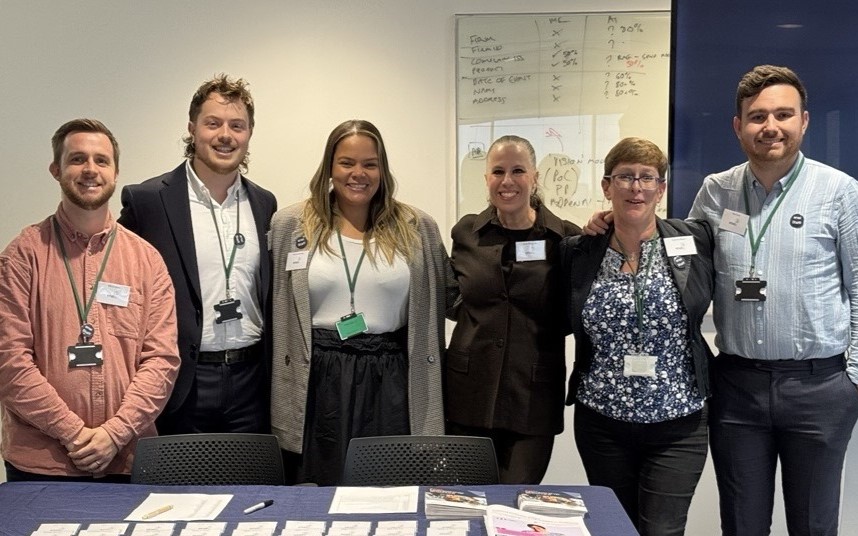enei D&I Lead Dionne Eldridge shares her insights from our financial sector roundtable, highlighting the challenges DEI professionals face, the importance of data in driving sustainable change, and the power of sharing best practices to build inclusivity across organisations.

Reflections from the Financial Sector Roundtable
We recently hosted a roundtable event that brought together DEI and HR professionals in the financial sector. It provided a unique opportunity to connect, share insights, and engage in important conversations about the DEI landscape within the industry. As with many DEI discussions, familiar themes emerged; lack of diverse leadership, insufficient metrics, and the challenge of maintaining momentum in driving meaningful change.
While these challenges are not unique to financial services, they are persistent in this sector. As someone who has worked within the industry, I understand the complexities, and there’s something to be said about the resilience of DEI professionals. Often, many of us work in isolation, trying to push forward initiatives with limited resources and fluctuating commitment from leadership. This is why coming together at events like these is crucial—it provides space for sharing experiences, offering support, and celebrating our wins. Because, let’s face it, in this work, it’s easy to feel like we’re not doing enough.
How Do We Keep Up Momentum?
One of the central questions that arose during our table discussions was: How do we keep up the momentum and continue to make progress? Many agreed that the answer lies in data.
Data is essential to evidence the impact of DEI initiatives. It helps to build a continuous business case for the areas we need to focus on. The data we often have—on recruitment and retention—tells part of the story. But there are still gaps, especially around progression. Without this information, we can’t fully understand how our processes affect underrepresented individuals.
This highlights a key issue: How can we create equity in our processes if we don’t understand how they impact underrepresented groups? Lasting, measurable change requires us to provide evidence of what we are doing well and identify areas for improvement.
To truly create equity, we need to go beyond the basic metrics of recruitment. There are various types of data that can provide a fuller picture of how individuals experience our organisations. Quantitative data, such as demographic breakdowns of who is hired, promoted, or leaves the organisation, gives us hard numbers to track progress. But we must also focus on qualitative data—feedback from employee surveys, focus groups, and one-on-one conversations—that can reveal the more nuanced barriers underrepresented groups face. Gathering and analysing data on work allocation and performance reviews can highlight disparities in how opportunities and recognition are distributed. By collecting a broad range of data, we gain a deeper understanding of inequities within our processes and can take targeted actions to ensure that all employees can succeed.
Dionne Eldridge, Diversity & Inclusion Lead.By using data effectively, we can not only make our case for DEI efforts but also ensure that our initiatives are impactful and sustainable.
The Power of Shared Best Practices
The roundtable also reaffirmed the importance of sharing best practices across organisations. By doing so, we can better understand our own gaps, get fresh ideas, and share solutions that others may not have considered. This collective approach to learning and growth means that the impact of our work can extend beyond our own organisations.
Keep Connecting, Keep Progressing
As we move forward, it’s vital to keep connecting with one another, sharing our insights, and working collaboratively. External feedback can provide new perspectives, helping us refine our approach and continue progressing toward more inclusive environments. Together, we can drive the changes needed to make the financial sector—and the wider working world—a place where everyone can thrive.
This blog post was written by Dionne Eldridge, Diversity & Inclusion Lead. It was posted on 11 October 2024.
Some additional Onvero resources are for members only. To become a member, please e-mail info@onvero.org.uk.
Contact Us
Whether you’re a current member or considering joining our community, please feel free to reach out with any questions, concerns, or feedback. We look forward to hearing from you!




